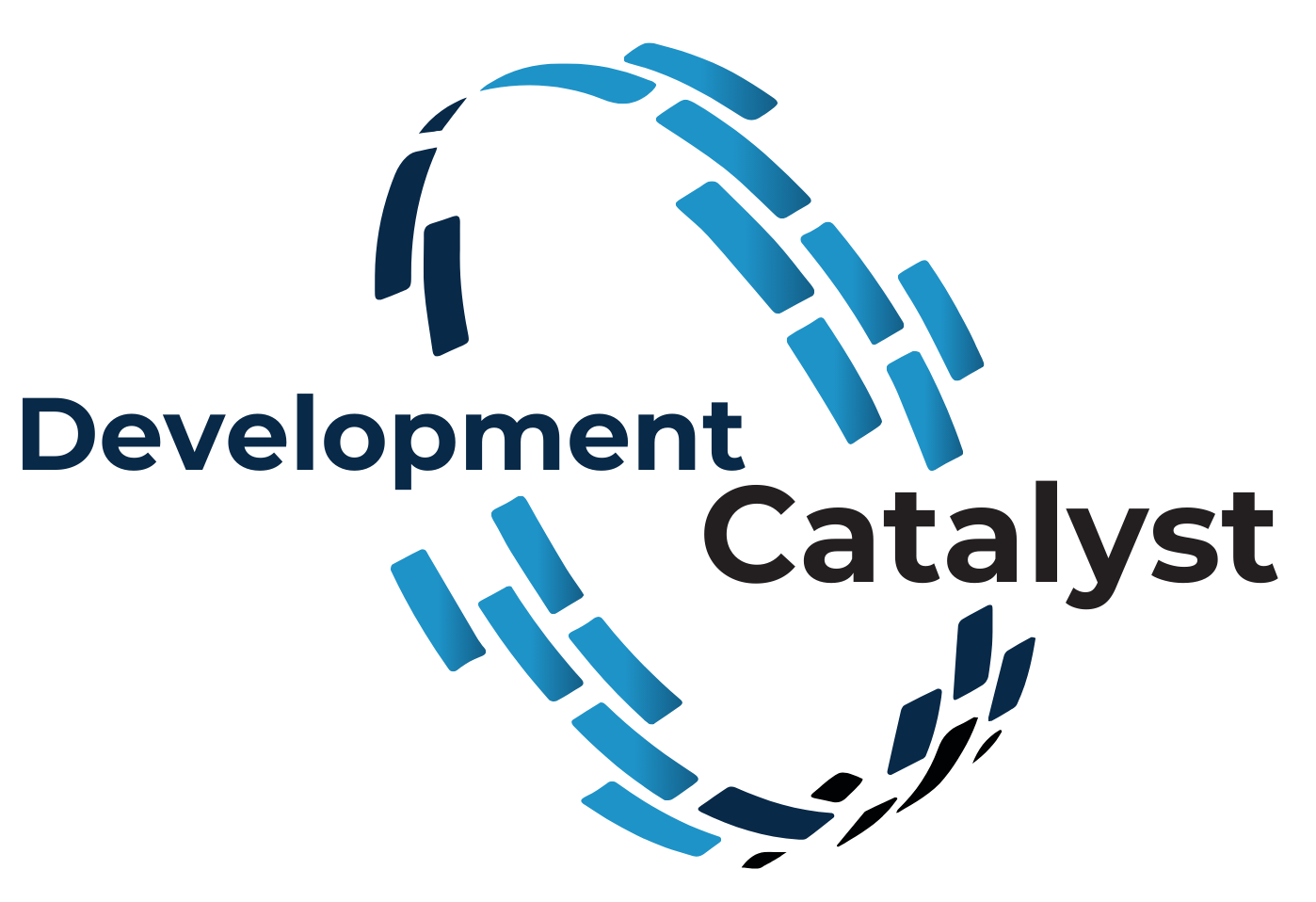Leveraging Data for Transparency and Accountability

Governance in Africa is at a crossroads. While many countries have made strides in democratic reforms, economic growth, and institutional development, the continent still grapples with corruption, inefficiency, and a lack of transparency in governance. Citizens demand accountability, yet traditional governance models often lack effective mechanisms to track government performance, prevent corruption, and ensure public participation.
In the digital age, data-driven governance presents a game-changing opportunity. From open data initiatives and real-time analytics to blockchain and artificial intelligence, governments across Africa can harness data to improve transparency, strengthen accountability, and enhance citizen trust.
This article explores how data-driven decision-making can revolutionize governance in Africa, examples of success stories, and practical steps for policymakers to implement data-driven reforms.

The Challenges of Governance in Africa
Before exploring the role of data, it is important to understand the key governance challenges that persist across many African nations
- Corruption and Lack of Transparency – According to Transparency International’s Corruption Perceptions Index (CPI), many African countries struggle with high levels of corruption, lack of accountability in public spending, and weak enforcement of anti-corruption laws.
- Inefficiency in Public Services – Poor data management and lack of digital infrastructure lead to inefficiencies in tax collection, social services, and government programs
- Limited Citizen Participation – Many citizens lack access to government data, budgets, and public policies, reducing their ability to demand accountability and track development outcomes.
- Weak Policy Implementation – Policies are often not based on accurate data, leading to poor planning, wasteful spending, and ineffective interventions
By leveraging big data, AI, blockchain, and open governance initiatives, African governments can address these challenges systematically and sustainably.
How Data Can Transform Governance in Africa

1. Open Data for Government Transparency
Governments that adopt open data initiatives allow citizens to access budgets, public contracts, election data, and performance reports. This prevents corruption, ensures better public resource management, and enhances trust.
Success Story: Kenya’s Open Data Initiative
Kenya was one of the first African nations to launch an Open Data Portal (opendata.go.ke), providing citizens with access to government budgets, public procurement records, and service delivery data. This has helped expose corruption and improve public sector accountability.
2. Artificial Intelligence (AI) and Predictive Analytics for Decision-Making
AI and predictive analytics can help governments detect fraud, assess risks, and optimize resources.
Example: AI in South Africa’s Tax Collection
The South African Revenue Service (SARS) uses AI to analyze tax data, detect fraud, and improve revenue collection. Since adopting AI-driven fraud detection, SARS has significantly reduced tax evasion and improved compliance.
3. Blockchain for Public Sector Accountability
Blockchain technology provides tamper-proof, transparent record-keeping that governments can use for public finance management, elections, and procurement processes.
Example: Blockchain for Land Registry in Ghana
Ghana has piloted blockchain-based land registry systems, ensuring secure, verifiable ownership records and reducing land disputes caused by fraudulent documentation.
4. Digital Public Services and Smart Governance
Many African governments are digitizing public services, making it easier for citizens to access healthcare, social benefits, and legal services without bureaucratic delays.
Example: Rwanda’s Irembo e-Government Platform
The Irembo platform (irembo.gov.rw) allows citizens to apply for IDs, business permits, and government services online, reducing corruption and inefficiency in public administration.
The Role of Citizens in Data-Driven Governance

Data transparency is only effective if citizens actively engage in tracking government performance and holding leaders accountable. Here’s how individuals and civil society organizations can contribute:
1. Using Citizen Data to Monitor Government Performance
- Platforms like BudgIT Nigeria (yourbudgit.com) provide accessible infographics and data-driven reports on how governments allocate and spend resources
- Citizens can use tools like Tracka.ng to monitor government projects and report abandoned infrastructure initiatives.
2. Engaging in Digital Advocacy
- Social media platforms and digital petitions allow citizens to demand transparency, expose corruption, and advocate for policy reforms.
- Example: #FixTheCountry campaign in Ghana, where activists used Twitter and online platforms to demand better governance and economic policies.
3. Participating in Policy and Budget Consultations
- Governments should hold public budget consultations and digital town halls, where citizens can provide input on spending priorities and policy reforms.
- Countries like South Africa and Tunisia have implemented participatory budgeting where citizens vote on how local budgets should be spent.
Challenges to Implementing Data-Driven Governance in Africa
While data-driven transparency holds immense potential, several barriers must be addressed:
- Weak Digital Infrastructure – Many rural areas still lack internet access and digital literacy
- Government Resistance to Openness – Some regimes restrict data access to maintain political control and avoid scrutiny.
- Cybersecurity & Data Privacy Risks – A lack of strong data protection laws makes government databases vulnerable to hacking and misuse.
Solutions:
- Invest in digital infrastructure – Expand broadband access and digital literacy programs.
- Strengthen data protection laws – Governments must enforce privacy regulations to protect citizen data.
- Promote independent watchdogs – Civil society must be empowered to hold governments accountable.
The Future of Data-Driven Governance in Africa
1. AI-Powered Policy Forecasting
Governments will increasingly use AI-driven analytics to predict economic trends, improve disaster response, and optimize social programs.
2. Smart Contracts for Public Procurement
Blockchain-based smart contracts will help eliminate fraud in government contracts, ensuring transparent bidding and payment processes.
3. Expansion of Citizen-Led Data Platforms
More African countries will adopt citizen-led monitoring tools, similar to Ushahidi (Kenya), which crowdsources real-time information on governance and human rights.
The Time for Data-Driven Governance is Now
Africa cannot afford to rely on outdated governance models. With data, governments can improve service delivery, reduce corruption, and strengthen public trust.
For real transformation, governments, civil society, and citizens must collaborate to ensure that data is accessible, accurate, and actionable.
Join the Movement for Transparent Governance

At Development Catalyst, we believe in leveraging data to create accountable governance systems. We invite:
- Policymakers to explore data-driven policy reforms.
- Tech innovators to develop AI and blockchain solutions for governance.
- Citizens and civil society to demand open data policies and government transparency.
Join our upcoming discussions on digital governance, participate in our hackathons, and be part of Africa’s governance transformation!






